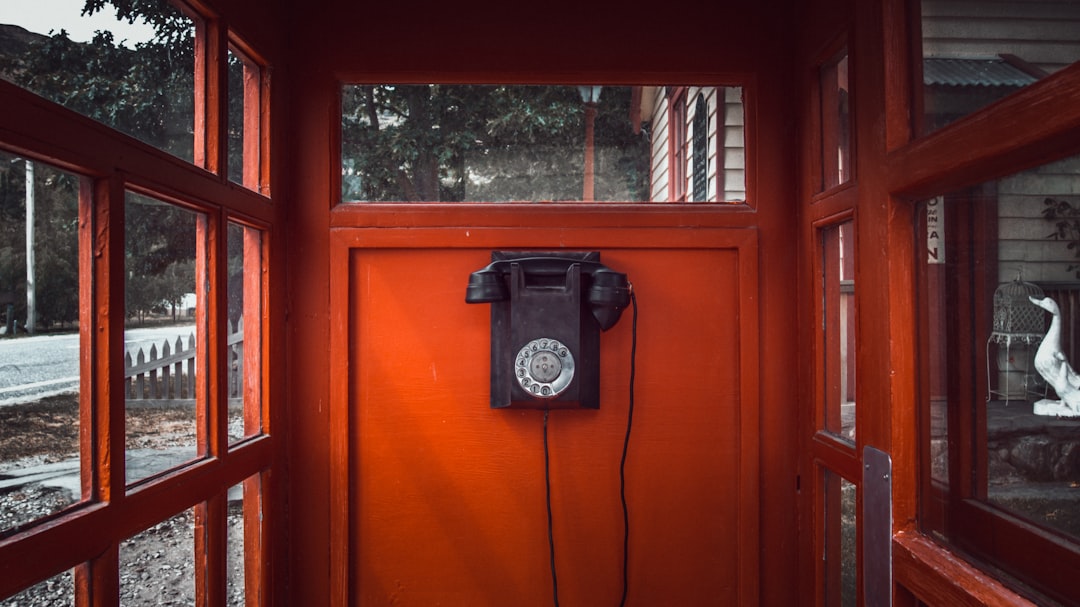The Telephone Consumer Protection Act (TCPA) protects consumers from unwanted phone solicitations, including spam calls, with strict rules for businesses, especially Houston's yoga studio industry. Yoga studios must adhere to TCPA guidelines regarding automated systems and prerecorded messages to avoid fines, legal issues, and damaged reputations. By prioritizing consent-based marketing, transparent communication, and hiring reputable spam call lawyers Houston, studios can maintain compliance and client satisfaction. Consumers in Houston affected by spam calls have legal rights; specialized spam call lawyers can guide them on seeking compensation or blocking future calls. Implementing strategic measures, such as obtaining explicit consent and staff training, ensures TCPA adherence for yoga studios while fostering positive client relationships.
“Unwind, stretch, and focus—Houston’s yoga studios thrive on promoting peace and wellness. But in today’s digital age, even serene environments must navigate legal landscapes. The TCPA (Telecommunications Consumer Protection Act) significantly impacts businesses like yoga studios, especially regarding unwanted spam calls. This article guides Houston’s yogis through the intricacies of TCPA rules, revealing common pitfalls and offering strategic insights to ensure compliance, thereby fostering a harmonious relationship between peace-loving practitioners and spam call lawyers Houston.”
Understanding TCPA and Its Relevance to Yoga Studios in Houston

The Telephone Consumer Protection Act (TCPA) is a federal law designed to protect consumers from unwanted telephone solicitations and spam calls, ensuring that businesses adhere to strict guidelines when reaching out via phone. For Houston yoga studios, understanding and complying with TCPA rules is essential, especially as many studios use phone numbers to communicate class schedules, promotions, or special events to their customers. Violating these regulations can result in substantial fines, damaging a studio’s reputation, and leading to legal repercussions.
Given the prevalence of spam calls and text messages, yoga studios must be cautious not to inadvertently fall into these categories. This includes obtaining proper consent before calling or texting potential clients, providing an opt-out mechanism during communications, and respecting consumer choices regarding contact preferences. Engaging the services of a reputable Houston spam call lawyer can help yoga studio owners navigate these regulations, ensuring they protect their business interests while maintaining customer satisfaction.
Common Practices That Might Violate TCPA Regulations

Many yoga studios in Houston, while promoting mindfulness and relaxation, may inadvertently engage in practices that violate TCPA (Telemarketing Consumer Protection Act) regulations. One common area of concern is the use of automated phone systems or prerecorded messages for marketing purposes. These methods are only permissible if certain criteria are met, such as obtaining prior express consent from the caller. Spam call lawyers Houston emphasize that any unauthorized use of these technologies could result in legal repercussions.
Additionally, unsolicited text messages promoting upcoming classes, special offers, or yoga retreats can be seen as spam by recipients and may lead to complaints. Yoga studios should focus on building personal relationships with their clients rather than relying heavily on automated communications. Opting for consent-based marketing strategies and ensuring transparency in communication are key to staying compliant with TCPA regulations and avoiding potential legal issues, especially when dealing with vigilant consumers who frequently consult spam call lawyers Houston.
Legal Implications and Potential Consequences for Spam Call Lawyers in Houston

Compliance Strategies: How Houston Yoga Studios Can Stay Within Legal Boundaries

To ensure compliance with TCPA rules, Houston yoga studios should implement strategic measures that prevent them from engaging in unwanted spam calls. One effective strategy is to obtain explicit consent from clients before making any marketing calls or texts. Studios can do this by having new sign-ups fill out forms acknowledging their agreement to receive communications, or through digital opt-in processes during registration for classes or events.
Additionally, Houston yoga studios should train their staff on TCPA regulations and best practices for communication with customers. This includes recognizing and avoiding automated dialers, respecting client preferences, and maintaining accurate records of consent. Regular reviews of marketing materials and call/text campaigns can help ensure compliance, while consulting with spam call lawyers Houston can provide expert guidance tailored to the specific needs and activities of each studio.






